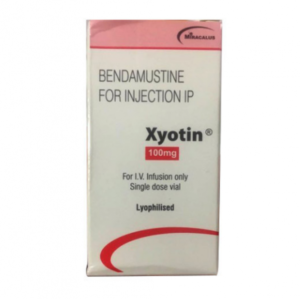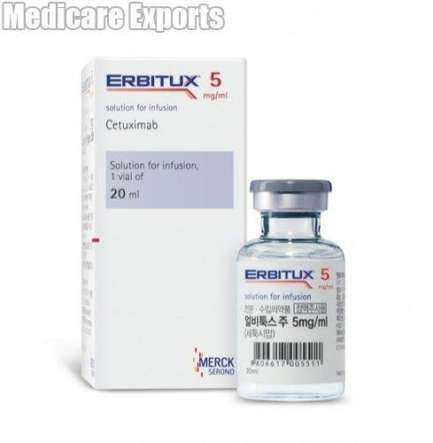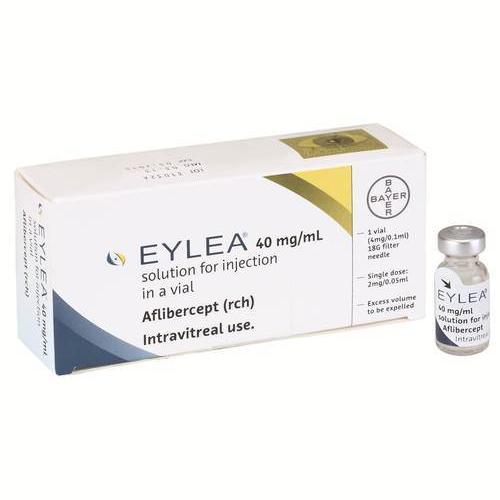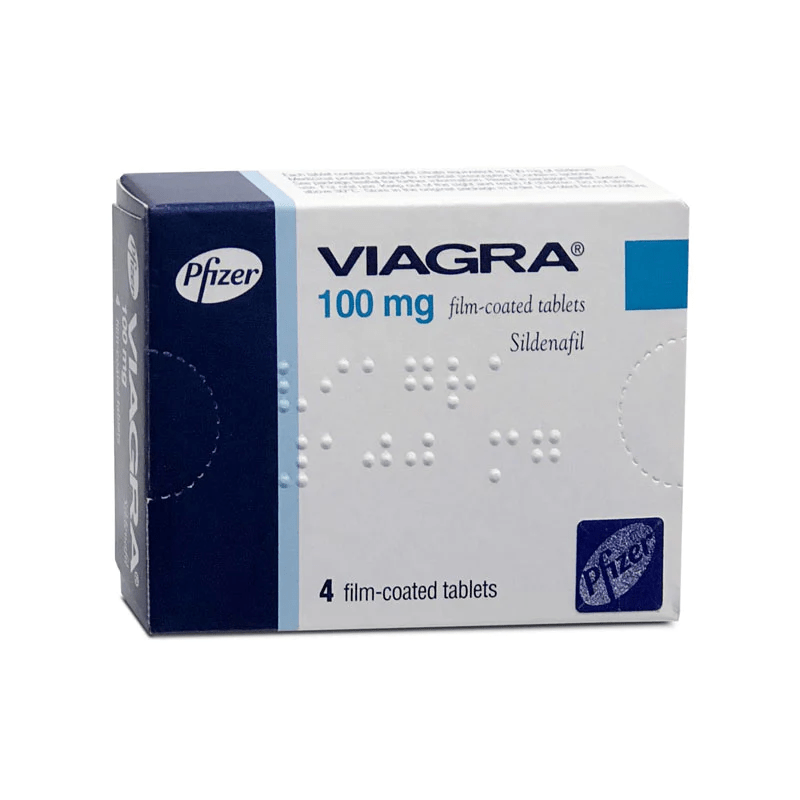All – take with a glass of water half an hour before meals. Adults: Crohn’s disease: Induction of remission – 3 capsules once daily in the morning or one capsule three times daily if preferred. Limit treatment to 8 weeks. Microscopic colitis: take capsules in the morning. Induction of remission: 3 capsules once daily. Limit treatment to 8 weeks. Maintenance: only where symptoms frequently recur after successful induction treatment – 2 capsules once daily or 2 capsules once daily alternating with one capsule once daily. Use lowest effective dose. Evaluate regularly and before 12 months use. Only treat for longer than 12 months if benefit outweighs risk. Autoimmune hepatitis: Combine with azathioprine in suitable cases. Induction of remission: one capsule three times daily until remission is achieved. Maintenance: one capsule twice daily (morning and evening) for at least 24 months Revert to 3 capsules daily in the event of elevated transaminases ALAT and/or ASAT. Terminate treatment if biochemical remission is maintained and no signs of inflammation in liver biopsy. In all cases, treatment should not be stopped abruptly but withdrawn gradually over two weeks. Children under 12: Not recommended. Adolescents 12 – 18: limited data; refer to the SmPC.
Known hypersensitivity to budesonide or any of the ingredients. Hepatic cirrhosis.
Transfer of patients from other steroid therapy may result in symptoms relating to the lowering of systemic steroid levels. Use with caution in patients with tuberculosis, hypertension, diabetes mellitus, osteoporosis, peptic ulcer, glaucoma, cataracts or family history of glaucoma or diabetes or any other condition in which glucocorticosteroids may have undesirable effects. Not appropriate for use in upper GI Crohn’s disease or for extraintestinal symptoms, e.g., of the skin, eyes, joints. Long term, high dose use may result in systemic effects of glucocorticosteroids such as Cushing’s syndrome, adrenal suppression, growth retardation, decreased bone mineral density, cataract, glaucoma, psychiatric/behavioural effects. Visual disturbances may require referral to ophthalmology. Infection: suppression of the inflammatory response and immune function increases susceptibility to infections and their severity, with risk of deterioration of bacterial, fungal, amoebic and viral infections. The clinical presentation of infections may be atypical and the presentation of serious infections e.g. septicaemia and tuberculosis, may be masked. Chickenpox is of particular concern in immune-compromised patients and those without definite medical history of this infection should avoid close personal contact with chickenpox or herpes zoster. Passive immunisation is needed by exposed non-immune patients receiving (or who have received within the previous 3 months) systemic glucocorticosteroids, within 10 days of exposure to chickenpox. Urgent specialist care is required if chickenpox is confirmed; glucocorticosteroids should not be stopped and dosage may need to be increased. Measles: Immunosuppressed patients who come into contact with measles should receive normal immunoglobulin as soon as possible after exposure. Live vaccines should not be given to patients with chronic glucocorticosteroid use. Antibody response to other vaccines may be diminished. Patients with liver function disorders: those with late stage PBC with hepatic cirrhosis should expect an increased systemic bioavailability of budesonide. In those without hepatic cirrhosis budesonide was well tolerated. Other: Glucocorticosteroids may suppress the HPA axis and reduce the stress response. Supplementary systemic glucocorticosteroid treatment is recommended in patients subject to surgery or other stresses. Concomitant treatment with ketoconazole or other CYP3A4 inhibitors should be avoided. Patients with rare hereditary problems of galactose or fructose intolerance, glucose – galactose malabsorption, sucrase – isomaltase insufficiency or total lactase deficiency should not take this medicine. In AIH, initially evaluate serum levels of transaminases every two weeks then every three months.










Reviews
Clear filtersThere are no reviews yet.